By Bankruptcy Lawyer in Post St Lucie Jon L Martin, the author of “What Everyone ought to Know about Debt Relief Today!”
OK! So you’ve finally decided to file bankruptcy! You figure you’re going to get a big tax refund anyway and it will help start you on your way to a new financial life. Not so fast!
Before you file for bankruptcy you need to be sure your taxes are filed first and get that refund NOW so you can make the most of it. That refund that you’re counting on is going to become property of your bankruptcy estate if you don’t take some preventative measures first! The bankruptcy code provides that your tax refund is part of your bankruptcy estate. As such, your trustee in bankruptcy will be looking to intercept those refunds to distribute to your creditors. This is so, as long as you have not received and spent the refund. It is imperative to file your taxes and spend the money on allowable measures, before you file the bankruptcy case!
Keep a record of how you spend the money. The refund can be used in a number of valid ways, including most ordinary household expenses. This includes things like rent; mortgage payments; HOA dues; food; utilities; clothing; educational expenses for your children; medical and dental expenses; insurance; car payments; car repairs and maintenance; and of course, home maintenance and repairs. Make sure there is minimal if any tax refund left in your bank account on the day you file the bankruptcy. Be warned however; DO NOT spend your tax refund on luxury goods or to repay a friend or family member. This would most likely trigger an objection from the trustee, which could result in a demand for the money even if you have already spent it.
If you have not received the tax refund and spent it by the date of filing, the trustee will be entitled to get it as soon as you receive it. With a little planning, you can keep most if not all your tax refund.
There are some exceptions to the rule. For instance, earned income credits and additional child tax credits are excluded. You should also be able to exempt your tax refund in bankruptcy if you do not own, or intend to surrender your home. Many times the so-called “wild-card” exemption can be used to protect the tax refund.
The best way to avoid the problem altogether is to arrange it so that you will not receive a tax refund. This is done simply by adjusting the withholding on your regular paychecks so that only the amount of taxes owed is withheld from each paycheck. Many people claim fewer deductions than they are allowed for the sole purpose of receiving a tax refund. It creates a “forced savings,” so to speak, that they use to pay property taxes, take a vacation, etc. At a minimum, make sure any tax refund will be small. Instead of receiving a tax refund and giving it to the trustee, wouldn’t you rather have a little more money in your paycheck? With or without bankruptcy, a bigger paycheck benefits you instead of someone else. Who knows? Exercising control of these funds may even serve to avoid the bankruptcy altogether!


